How Close Are the Planet’s Climate Tipping Points? – the New York Times
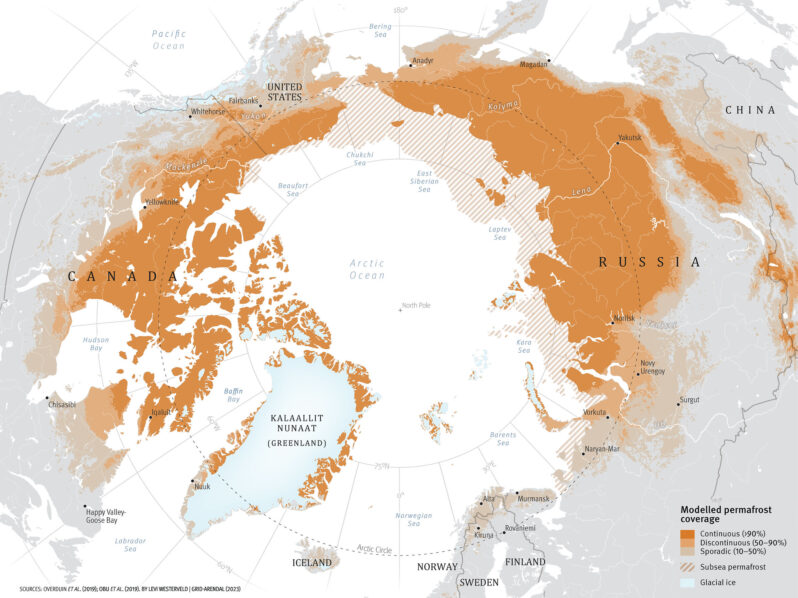
Earth’s warming could trigger sweeping changes in the natural world that would be hard, if not impossible, to reverse…
Seabird poop helps restore coral reefs – Mongabay Kids
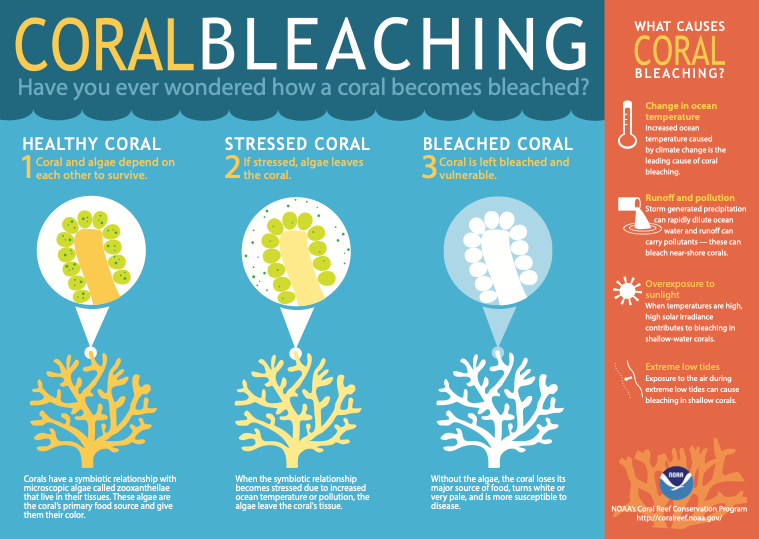
Exciting news! Scientists working on reefs in the Indian Ocean have discovered that nutrients from seabird poop help corals grow…
Seabird poop is recipe for coral recovery amid climate-driven bleaching – Mongabay
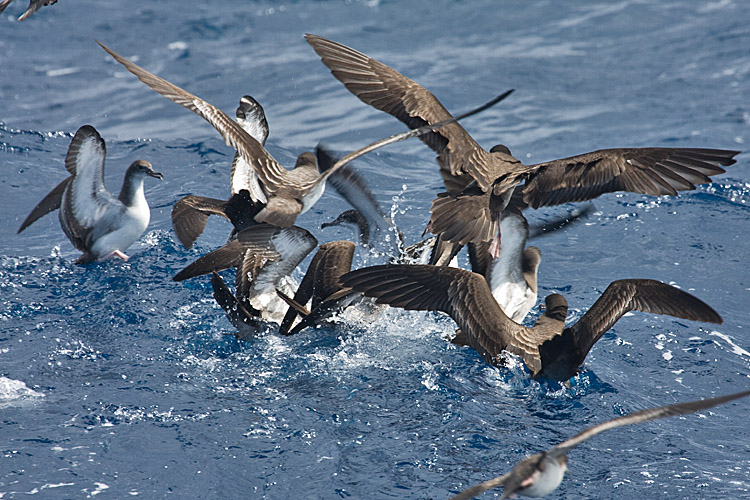
Researchers have found that nutrients from seabird poop led to a doubling of coral growth rates and faster recovery after bleaching events, promoting overall resilience…
‘Like wildfires underwater’: Worst summer on record for Great Barrier Reef as coral die-off sweeps planet – CNN World
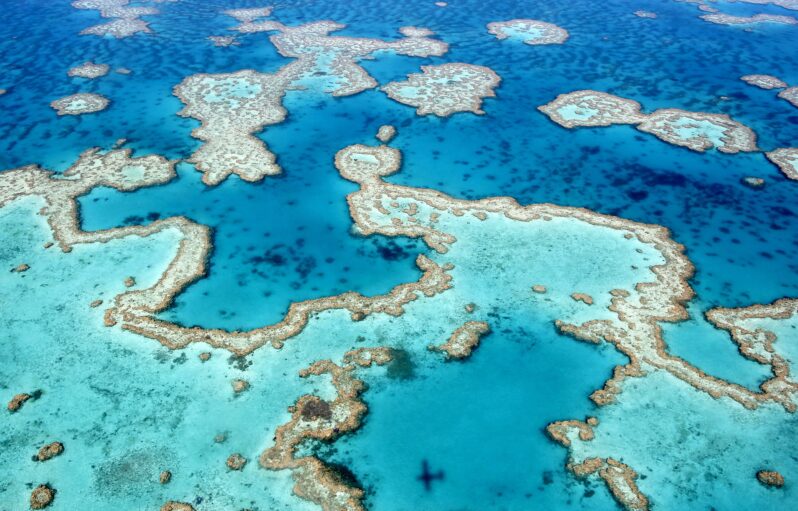
Rising sea temperatures around the planet have caused a bleaching event that is expected to be the most extensive on record…
Great Barrier Reef’s worst bleaching leaves giant coral graveyard: ‘It looks as if it has been carpet bombed’ – the Guardian
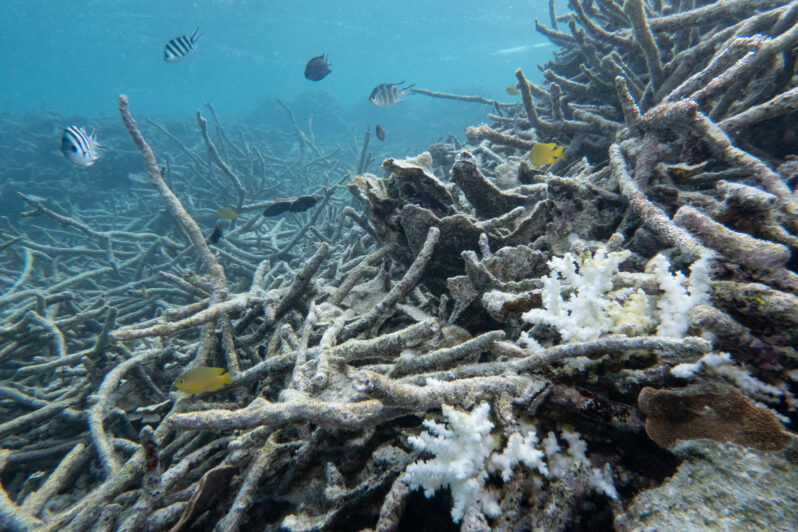
Last month the Australian Institute of Marine Science and the Great Barrier Reef Marine Park Authority released a report warning that the reef was experiencing “the highest levels of thermal stress on record”. The authority’s chief scientist, Dr Roger Beeden, spoke of extensive and uniform bleaching across the southern reefs, which had dodged the worst of much of the previous four mass bleaching events to blight the Great Barrier Reef since 2016…
Corals are bleaching in every corner of the ocean, threatening its web of life – the Washington Post
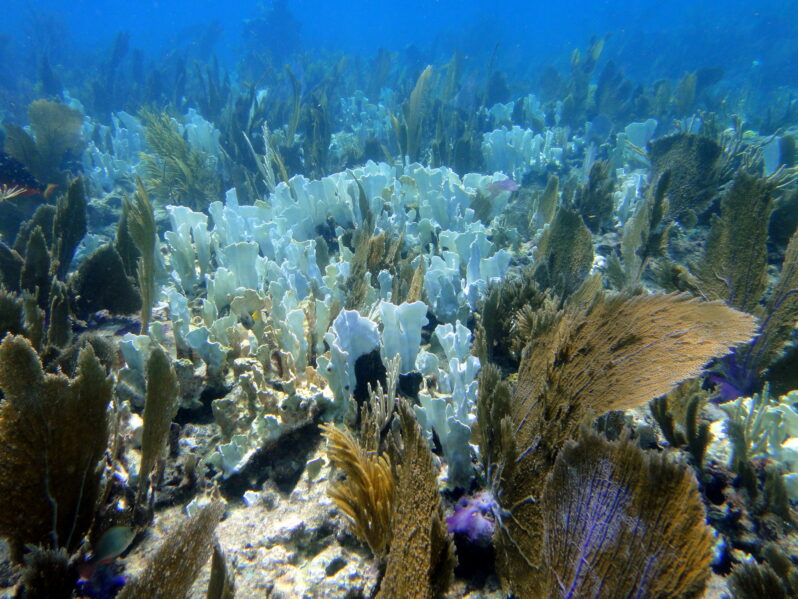
First around Fiji, then the Florida Keys, then Australia’s Great Barrier Reef, and now in the Indian Ocean. In the past year, anomalous ocean temperatures have left a trail of devastation for the world’s corals, bleaching entire reefs and threatening widespread coral mortality — and now, scientists with the National Oceanic and Atmospheric Administration and International Coral Reef Initiative say the world is experiencing its fourth global bleaching event, the second in the last decade…
The Widest-Ever Global Coral Crisis Will Hit Within Weeks, Scientists Say – the New York Times
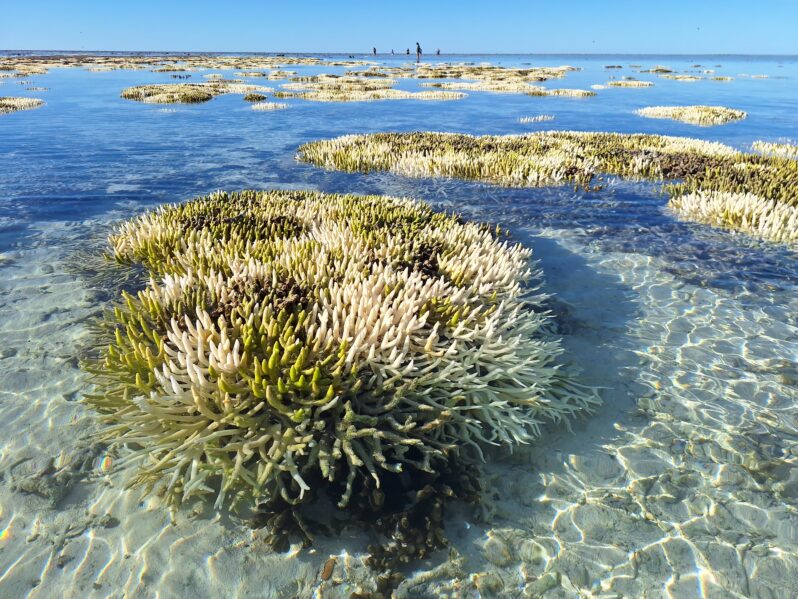
The world’s coral reefs are in the throes of a global bleaching event caused by extraordinary ocean temperatures…It is the fourth such global event on record and is expected to affect more reefs than any other. Bleaching occurs when corals become so stressed that they lose the symbiotic algae they need to survive. Bleached corals can recover, but if the water surrounding them is too hot for too long, they die…
Six Months After the Heat Spiked, Caribbean Corals Are Still Reeling – Hakai Magazine
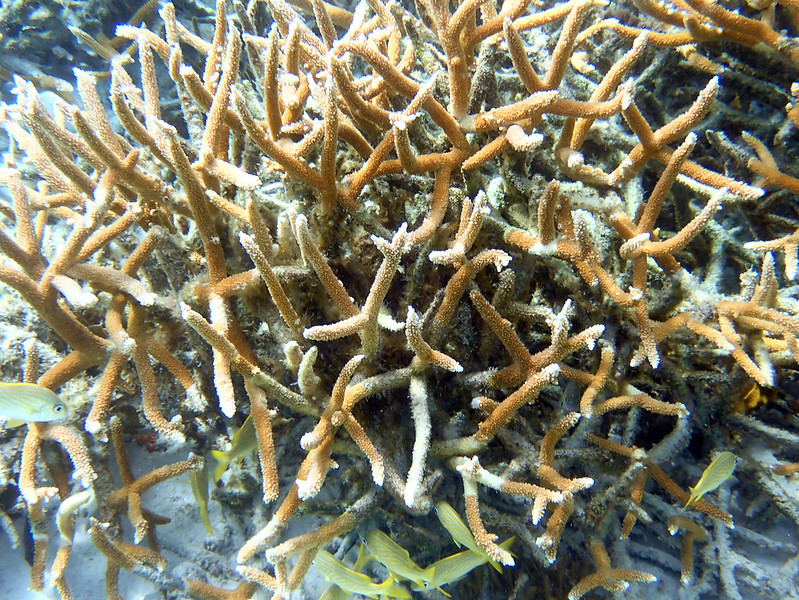
For many Caribbean corals, last year’s heat proved too much to bear. The more time corals spend in hot water, the more likely they are to bleach, turning white as they expel the single-celled algae that live within their tissues. Without these symbiotic algae—and the energy they provide through photosynthesis—bleached corals starve. Survival becomes a struggle, and what had been a healthy thicket of colorful coral can turn into a tangle of skeletons…
Extreme Summer Heat Threatens Coral Replanting Effort – Scientific American
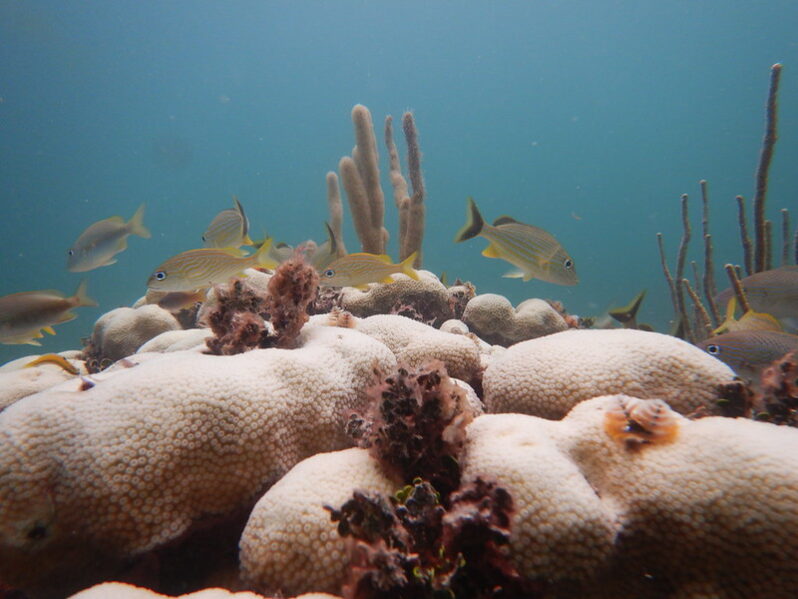
A marine heat wave last year undercut efforts to regrow coral reefs off Florida’s coast. Conservationists are worried this year could be problematic, too…
